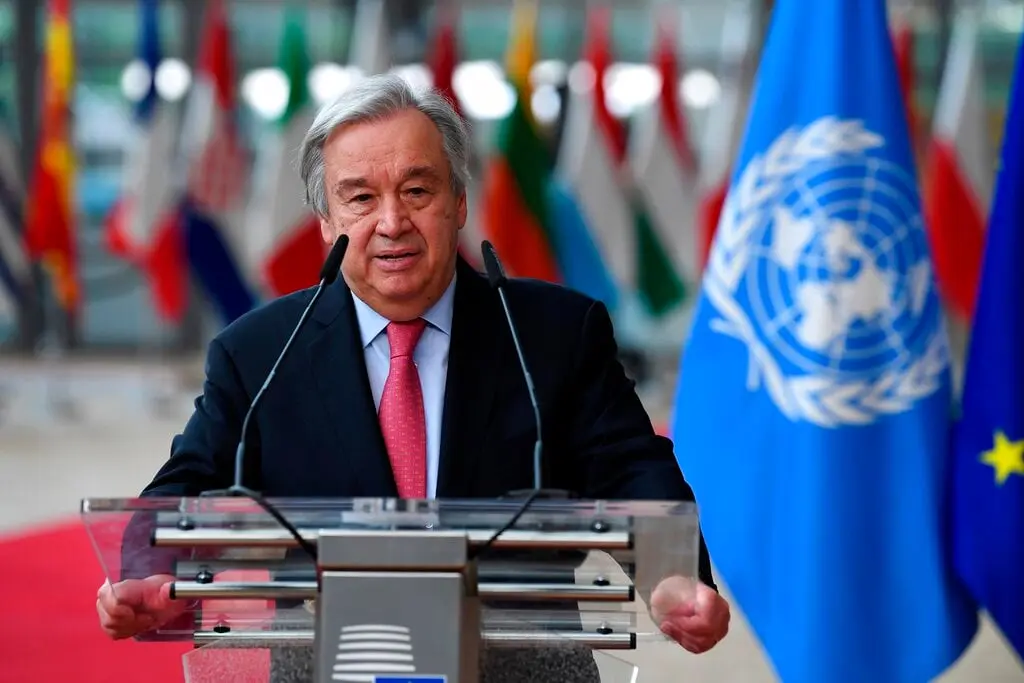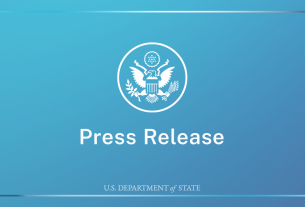United Nations Secretary-General António Guterres has renewed calls for sweeping reform of the UN Security Council, warning that its current structure undermines both its legitimacy and effectiveness in addressing global crises. Speaking during events marking the UN’s 80th anniversary on October 24, 2025, Guterres stressed that the Council’s composition no longer reflects the realities of today’s world.
The Security Council, established in 1945, grants five permanent members — the United States, Russia, China, the United Kingdom, and France — veto power over any resolution. Guterres argued that this arrangement has left the body increasingly paralyzed in the face of conflicts, humanitarian emergencies, and geopolitical rivalries. “The Council’s fragile legitimacy risks endangering global peace if it remains gridlocked,” he said, urging reforms that would make it more representative and accountable.
Central to his proposal is the expansion of permanent and non-permanent seats to include greater representation from Africa and Asia, regions that together account for the majority of the world’s population but remain underrepresented in the Council’s decision-making. Currently, Africa has no permanent seat, while Asia holds only one through China. Guterres emphasized that this imbalance reflects a post-World War II order rather than the multipolar world of the 21st century.
He also called for curbs on the use of veto power, which has frequently stalled action on urgent matters such as conflicts in Ukraine, Gaza, and Sudan. While acknowledging that eliminating the veto outright is politically unlikely, Guterres urged member states to adopt mechanisms that would limit its use in cases involving mass atrocities or threats to international peace.
The Secretary-General’s remarks echo long-standing demands from the African Union and the Group of Four (G4) nations — Brazil, Germany, India, and Japan — which have pressed for permanent seats to reflect their global influence. Reform efforts, however, have repeatedly stalled due to resistance from current permanent members, who are reluctant to dilute their power.
Observers note that Guterres’s intervention comes at a time of mounting frustration with the Council’s inability to act decisively on pressing global issues, from climate-related security risks to protracted conflicts. Critics argue that without reform, the Council risks losing credibility as the world’s primary body for maintaining peace and security.
While consensus on reform remains elusive, Guterres’s call underscores growing international pressure to modernize the UN’s most powerful organ. As he put it, the Council must evolve to reflect “the world of today, not the world of 1945,” if it is to remain relevant in safeguarding peace.
Sources: UN News; WAM; New Straits Times; The Star.



